
Diana Weber
Lawyer of international law
Rating:
11
November
Obtaining Italian Residence Permit for Foreigners

You can get a residence permit in Italy if you have a legitimate reason for a long stay in the country (more than 90 days). Example - work, self-employed or business activity, choice of residence (if financially independent), reunion with relatives. Applications are accepted from adult, unconvicted and law-abiding foreigners, if it does not contradict the interests of the state. A temporary residence card is valid from 3 months to 2 years, usually with the right to extend it if you still have a reason to live in the country.
A residence permit in Italy in many ways equalizes you in rights with local citizens. You can study, use the services of banks, receive medical care and social support, in some cases - also to conduct labor activity. In the long run, a temporary resident card is changed to a permanent one, if you have lived in the state for 5 years or more. Also in 2026 opening a temporary residence permit is the first step to naturalization in the Italian Republic, which takes a total of ten years from the moment of immigration.
International law specialists help to determine the best way to move to Italy. Experienced lawyers of Immigrantinlaw will choose the best immigration program for you, taking into account your wishes, dossier nuances and budget. Request a free consultation to find out the details of cooperation.
For temporary residence in Italy, you receive an electronic residence card. Its sample was established in December 2006 and has not changed to this day. The document looks like a smart card with biometric data of the owner (fingerprints), increased protection against wear and contains:
All types of residence permits look the same, but different information is indicated in the field of the reason for issuance. The documents can be classified as follows:
The main condition for acquiring residency in Italy is the provision of documents that prove the legality of long-term residence in the country. The authorities check whether you really have the right to stay in the republic for more than three months and whether this does not create risks of illegal immigration. You must also meet the following requirements:
Additional requirements depend on the basis for the Italian residence permit. For example, wealthy foreigners must document financial solvency, applicants for a highly qualified specialist card - work experience and education in their specialty.
Submit an application form and we'll get back to you!
To obtain an Italian residence permit, you will need the following:
The dossier is supplemented depending on the reason for immigrating to Italy. For example, for the choice of residence, you provide a document on the availability of money for your own maintenance, and in the case of self-employment - get written approval from the Ministry of Industry, Trade and Crafts or other specialized body.
Italy's migration legislation is complex and quite strict. The rights and opportunities of foreigners here are regulated by several documents, in particular - Legislative Decree No. 286 of 1998 with subsequent amendments, Presidential Decree No. 394/99 and Decree of the Minister of Foreign Affairs of July 12, 2000. The issuance of an electronic residence permit takes place on average two months after the application has been submitted. However, this period is not mandatory and can be extended, for example due to the high workload of the authorized bodies.
The validity of the temporary residence card in Italy coincides with the period for which the long-term entry visa is issued. In any case, it cannot exceed:
A residence permit is granted to those who open a D visa on one of the grounds listed below.
You can immigrate to Italy if you are officially employed by a local company. Your employer must apply to the prefecture for a work permit. Foreigners are employed within the annual quotas and only if there are no EU citizens for the vacancy. There are exceptions for a number of professions, such as scientists, translators, artists, athletes, and correspondent journalists. In order to obtain a residence permit, a work contract must be submitted, indicating the salary and duration of cooperation.
A special type of residence permit is granted to specialists with high qualifications. It gives the right to immigrate to Italy together with close relatives and immediately make documents for the family. The procedure is initiated by the employer through the migration service, but in this case, it is not necessary to adhere to annual quotas. The document is issued if your annual salary equals or exceeds 150% of the national average, i.e., in 2024 it is about 34,000 EUR before taxes. You also need to prove your specialized education with a diploma or its equivalent.
For financially independent foreigners, it is possible to declare a desire to live in Italy and obtain permission for it. It is necessary to buy or rent real estate in the Republic, as well as to prove the presence of regular income, for example, from renting out housing or in the form of dividends from shares. This type of residence permit is also suitable for pensioners who provide a certificate of social benefits received. The income must be sufficient for self-support. In 2024, the required amount is about 32,000 EUR per year.
A residence permit is granted to family members of local citizens and residents (provided they have been legally residing in Italy for at least 12 months). Eligible relatives include spouses, minor and unmarried children (yours or your husband/wife's), parents over the age of 65 if they are dependent on the host country and do not receive support from another child. Other family members, such as children over the age of 18 if they have health problems, can also be approved. It is necessary that the Italian resident has sufficient living space and income to support the relatives.
Popular options for opening a temporary resident card in Italy include investing in its economy. The right of residence is granted for investments ranging from 250 thousand to 2 million euros, which depends on the chosen area of sponsorship. It is possible to invest in the development of promising start-ups, the purchase of authorized capital of local enterprises, charitable organizations or the purchase of government bonds. The fact of investment should be confirmed with documentation. You do not receive any preferences for the subsequent obtainment of permanent residence or citizenship: the period of processing a local passport remains normal.
Italy welcomes foreigners who are willing to work in the country for themselves or develop a company to improve the economy of the republic. It is possible to obtain a residence permit after the approval of a specialized body or ministry, such as the Chamber of Commerce in the case of merchants. The authorized capital for sole proprietorships and businesses is not limited, but it is necessary to prove that you have enough funds to implement the planned enterprise.
Self-employed persons providing personal services in Italy may need to be registered in professional registers. The list of additional documents depends on the type of your activity.
Submit an application form and we'll get back to you!
Permission to stay in Italy is granted to students of local educational institutions, including participants of exchange programs between countries. It is necessary to confirm with documents the fact of enrollment in the university, registration of health insurance, ability to pay tuition and living in the country. Students send a request for residence permit by mail upon arrival in the country, and then visit the immigration police on the appointed day. The student has the right to work with restrictions - up to 20 hours per week, provided that it does not interfere with the educational process.
If you cannot stay in your home country for good reasons, such as war or persecution, you can try to apply for asylum in Italy. Refugee status is granted without a national visa - it can be requested directly at the border or while in the country in any status. You need to confirm your story in every possible way, such as threatening messages, politically motivated accusations. The Republic also provides additional protection, for example, if you were sentenced to capital punishment in your home country.
Humanitarian residence permits are the only ones that are valid for 5 years. In this case, you are limited in rights, for example, you cannot leave the country to visit your home country: then the status is immediately revoked. The period of consideration of applications in this case is not set and depends on the personal situation, the burden on the authorities and the police.
The right of residence in Italy is granted for a narrow range of tasks in your field. For example, it can be religious activity, work as a visiting researcher, internal translation in an international company, seasonal employment. To the application form and the basic dossier, you attach an agreement with the profile organization, as well as prove the availability of finances for staying in the state.
The Italian residence permit can be opened by volunteers, trainees of local companies and universities, those who need long-term medical treatment or are looking for a job after completing their studies in the Republic. You confirm the planned tasks with appropriate documents, such as an invitation from a hospital or a contract with an accredited volunteer organization. There are no popular grounds for registration of residence such as residency or purchase of real estate in the country.
The best conditions for moving to Italy are provided for citizens of the European Union. They do not need to look for a reason for immigration and go through tedious procedures. You can learn about the programs of second passport issuance in the EU countries, pros and cons of each of them at a free consultation with the international law specialists of the Immigrantinlaw.
You will also need to register with the municipality to live in Italy. It is from the moment of registration that your period of residence for subsequent naturalization will be counted.
In order to obtain the right to temporary residence in Italy, you have to pay for the costs of opening an entry visa, submitting a request and obtaining a residence permit card. In addition, if necessary, you pay for the assistance of an interpreter, notary, migration specialists. Approximate actual costs are given below.
| Category of expenses | Cost in 2025, € |
| National visa D | 116 |
| Request for a residence permit | 40–100 (depends on the grounds) |
| Sending the application by post | 30 |
| Excise stamp | 16 |
| Temporary resident card | 30,46 |
| Permanent residence permit | 100 |
| Notary services | 12–15 (per page) |
With Italian residency you can legally reside in the country for a fixed period of time, participate in the local public life, enjoy common civil privileges in respect of judicial protection of rights and legal interests, access to public services. Registration of a residence permit allows you to subsequently naturalize in the country, that is, to obtain the status of a citizen of the European Union with all the advantages. Also with a residence permit you can:
The year 2025 brought major changes to Italy’s residence permit (permesso di soggiorno) rules — from work visa quotas to new financial thresholds for digital nomads and family migration.
2025 made Italy’s residence permit system more predictable and formalized: digital nomads now face clear income thresholds, employers receive distributed quotas, and families must meet updated income requirements — all of which help applicants realistically assess their chances of legalization in advance.
From the feedback of immigrants, we can conclude that cases of refusal to issue a residence permit are not so rare in Italy. Usually, requests are rejected because of an incorrect dossier, submission of false or concealment of obviously important information about yourself. The residence permit is revoked if the reason to live in the Republic disappears. Applications for residency may not be approved also by the decision of law enforcement agencies.
Refusal to issue a residence permit can be challenged in court, but practice shows that the chances of winning such an appeal are minimal. It is better to properly prepare for the immigration procedure to guarantee residency, with which specialized lawyers can help. International law specialists of Immigrantinlaw undertake the main part of the tasks, including the selection of the current program, which minimizes the risk of rejection of the request.
Get more information about the peculiarities of immigration to the EU at a free consultation
If you still have a reason to live in Italy, you apply for the renewal of your residence card at the police station or send it by post. You need to submit the request at least one month before the current migration document is canceled. You attach a package of documents and wait for a response within 20 days. At most, the residence permit can be extended for a period twice as long as that of the primary resident card.
You can get the status of permanent resident in 5 years after moving to Italy and registering your place of residence in the municipality. You will need to prove that you have a regular income and no problems with the law. You can apply for citizenship after 10 years of total stay in the Republic. This will require learning the national language at the level of B1 and have no criminal record.
A residence permit is a temporary document that can be revoked at any time after the reason to live in Italy disappears. It allows you to naturalize in the republic, but it takes as long as ten years, during which you need to maintain the basis for stay, learn the local language and find a permanent source of income. It is much easier to immigrate with a passport of any of the EU countries. Citizens of the European Union are equal in rights and opportunities, so after moving you can work, study, do business and live in Italy for an unlimited period of time.
Some EU countries have simplified citizenship programs. You can obtain a second passport within 4 to 12 months, without taking a language exam or demonstrating income. You do not have to live in the country before or after citizenship, as well as don`t have to renounce your current passport in your home country. It is worth analyzing the chances of participating in the simplified procedures with the help of the Immigrantinlaw international law lawyers. You can sign up for a free consultation to start the process of obtaining a second EU citizenship as soon as possible.
How to Get Citizenship of Estonia
25 November
Estonian citizenship is a status that grants you certain rights and a number of obligations to the state. Among the...
Immigration to Germany for Permanent Residence
24 April
Permanent residence in Germany is a document for permanent living in the country, which is provided to immigrants after fulfilling...
How to Get Сitizenship of Romania
6 January
Romanian Citizenship is a status that confirms the relationship of an individual with this state, and is regulated by the norms...
Obtaining Czech Residence Permit for Foreigners
5 June
A residence permit in the Czech Republic is issued to foreigners for long-term residence (more than three months) in accordance...
How to Obtain Maltese Citizenship and Passport in 2026: A Complete Guide
14 March
Many people are interested in the conditions of citizenship registration in Malta - a warm, safe and inexpensive country located...
Immigration to Czech Republic for Permanent Residence
15 June
Moving to the Czech Republic should start with obtaining an entry document, preparing a place to live and financial savings....
Discover
new opportunities
with a European Union passport!
Submit the application form and we will call you back!
Leave a request
Contacts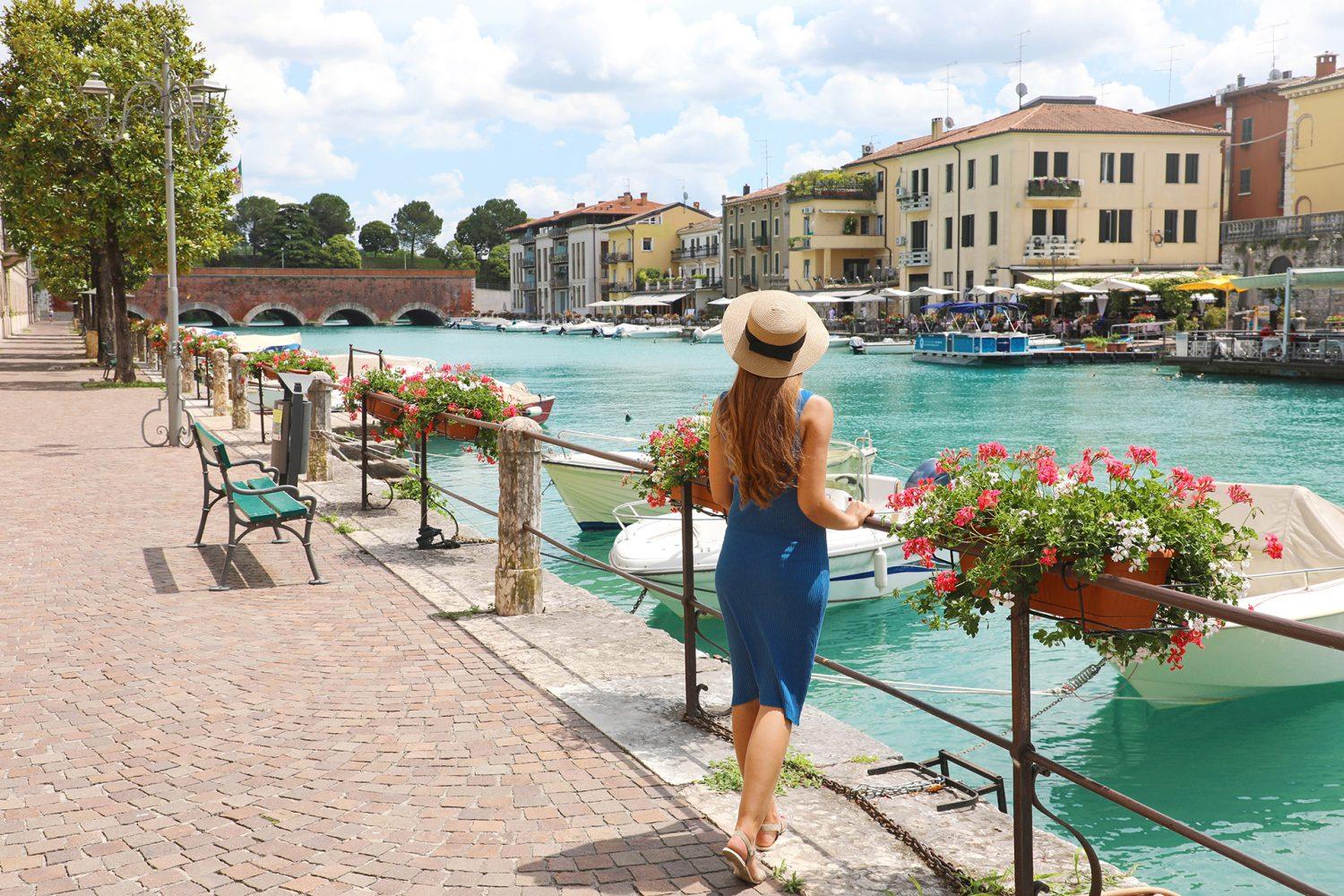

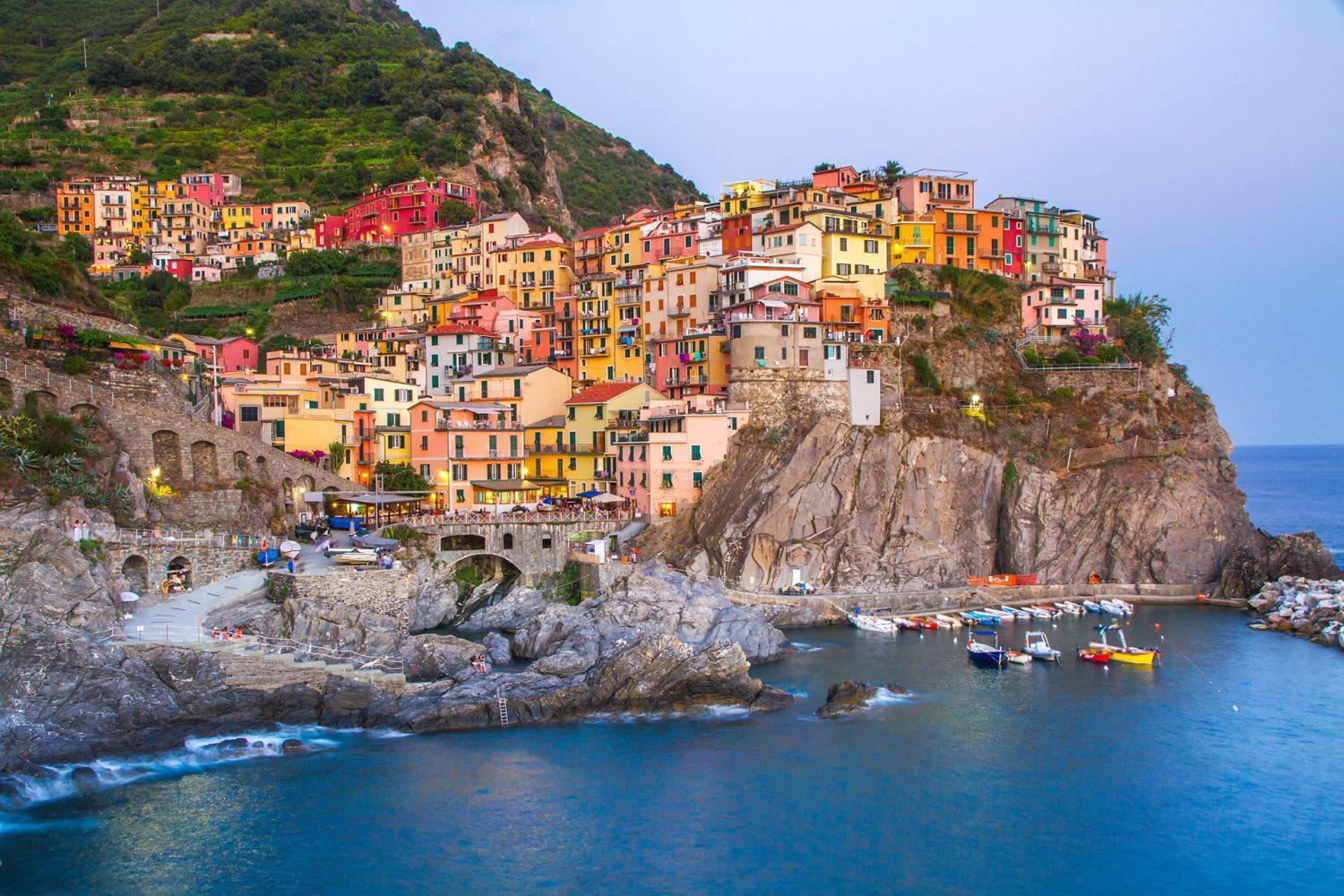

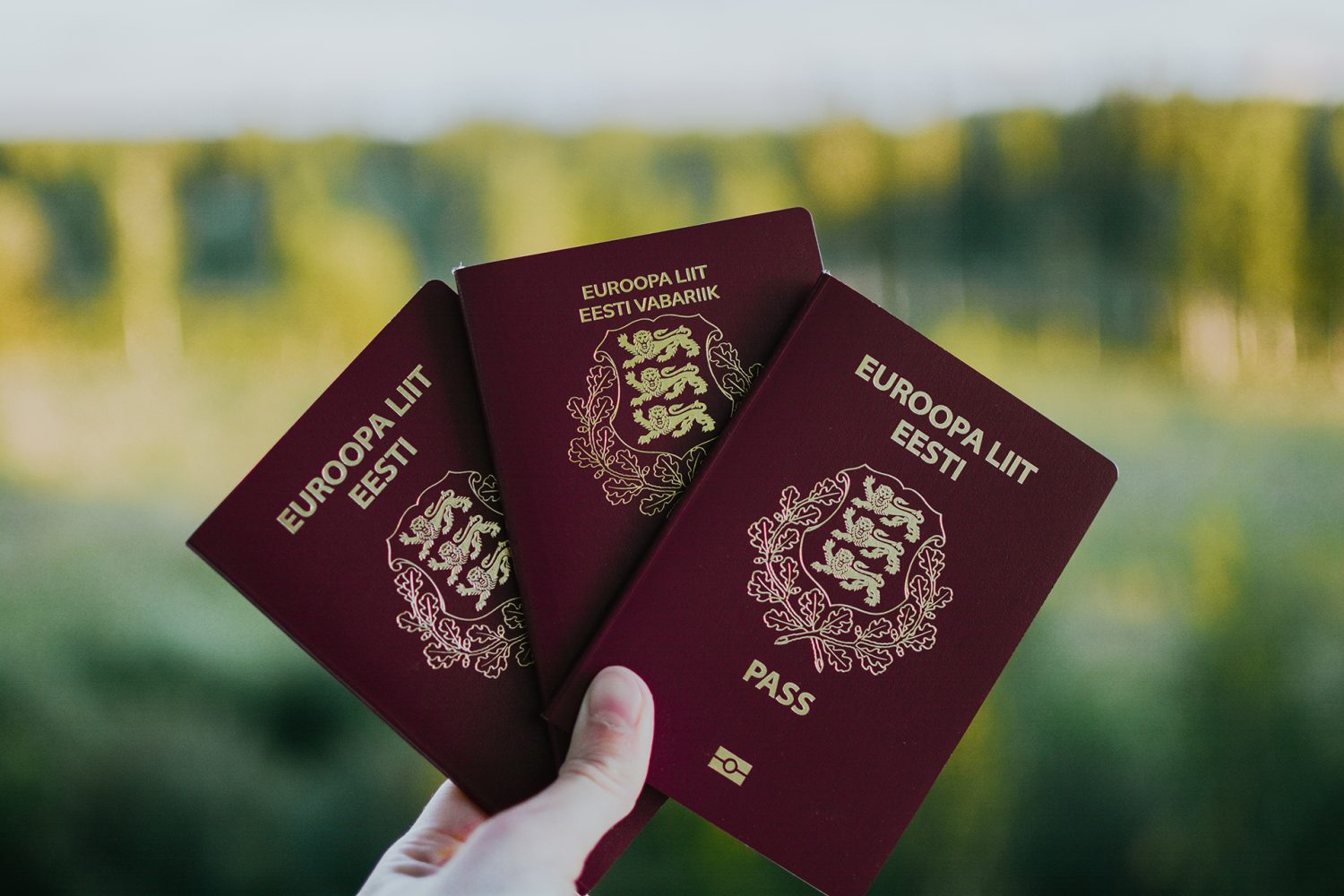

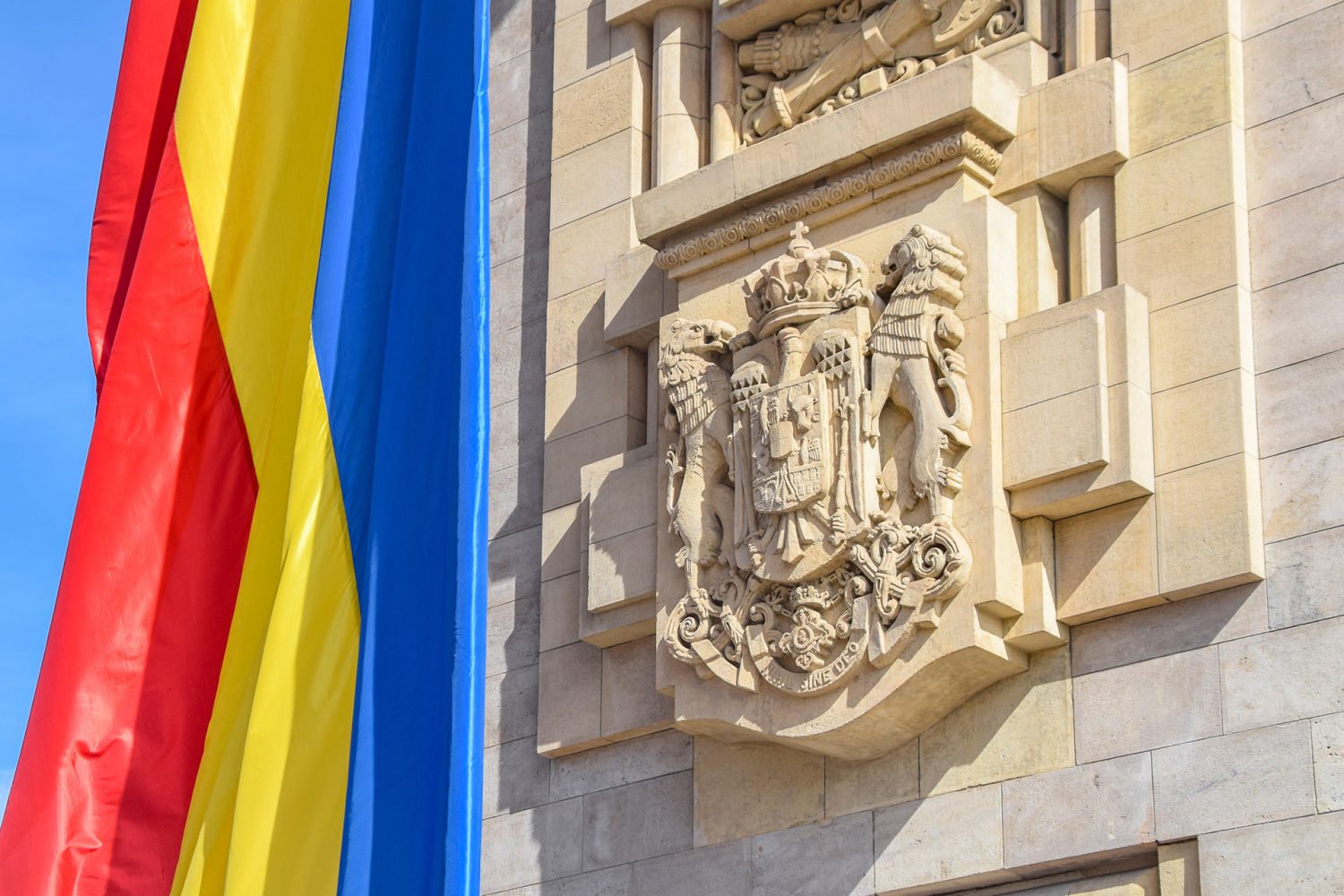
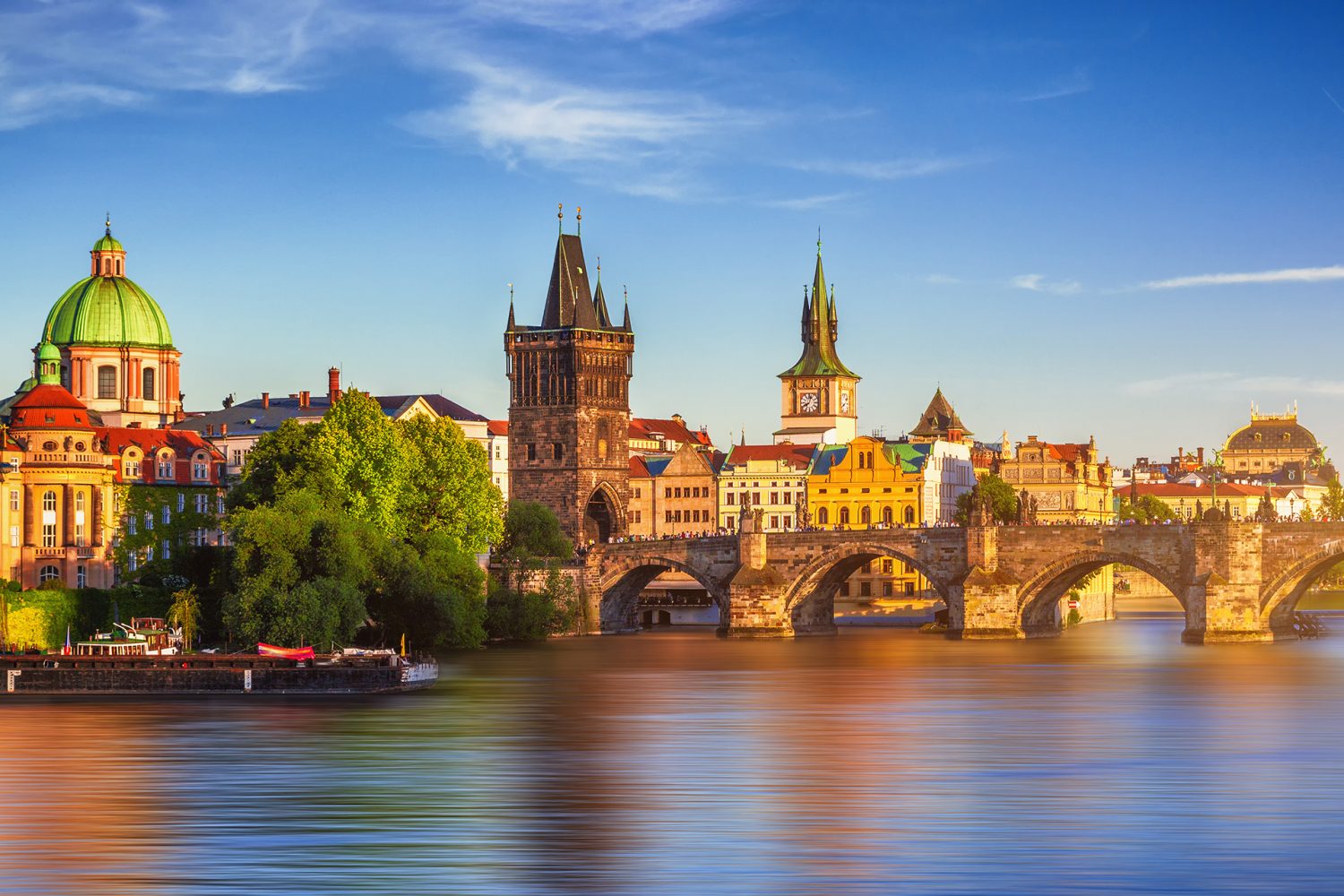
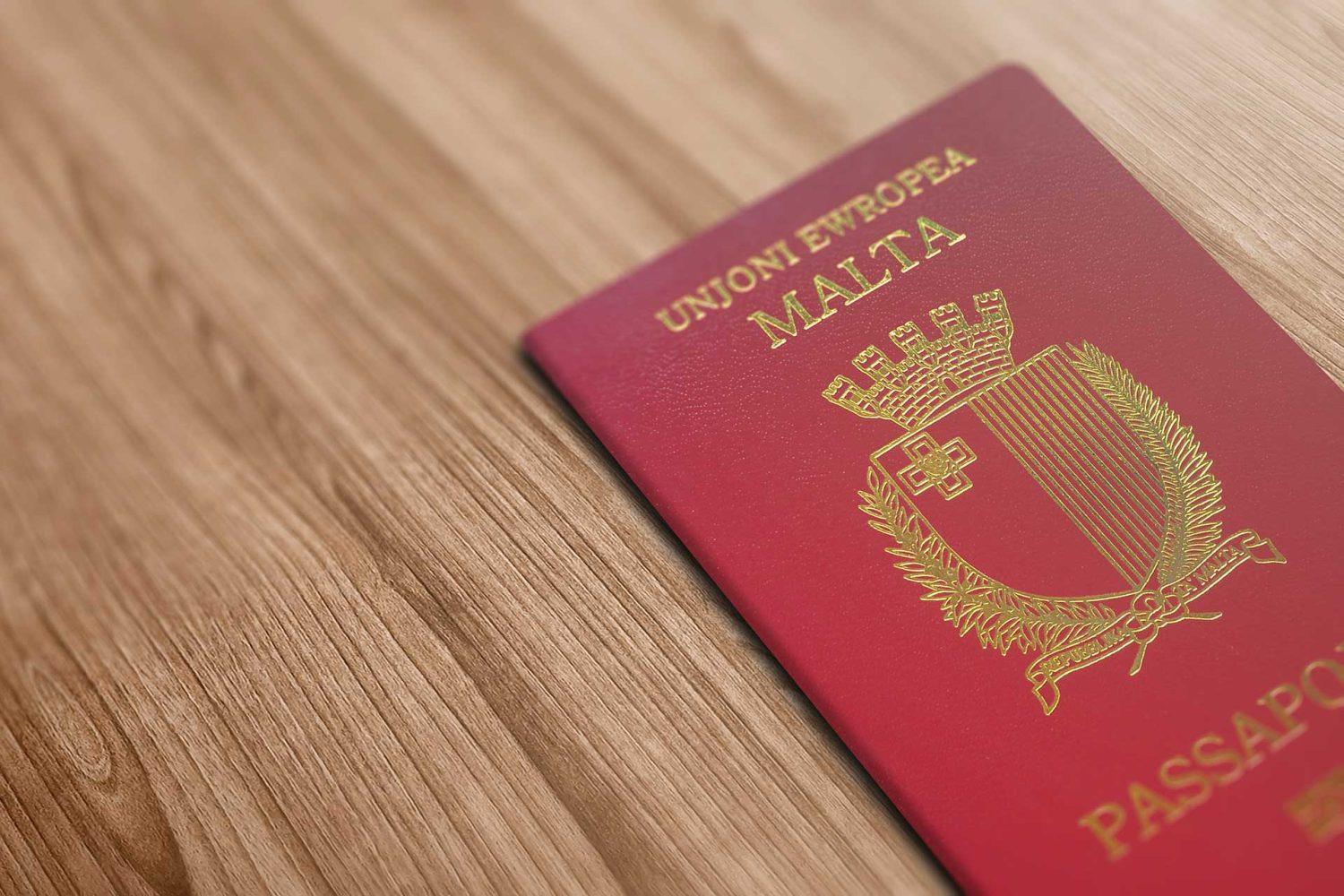
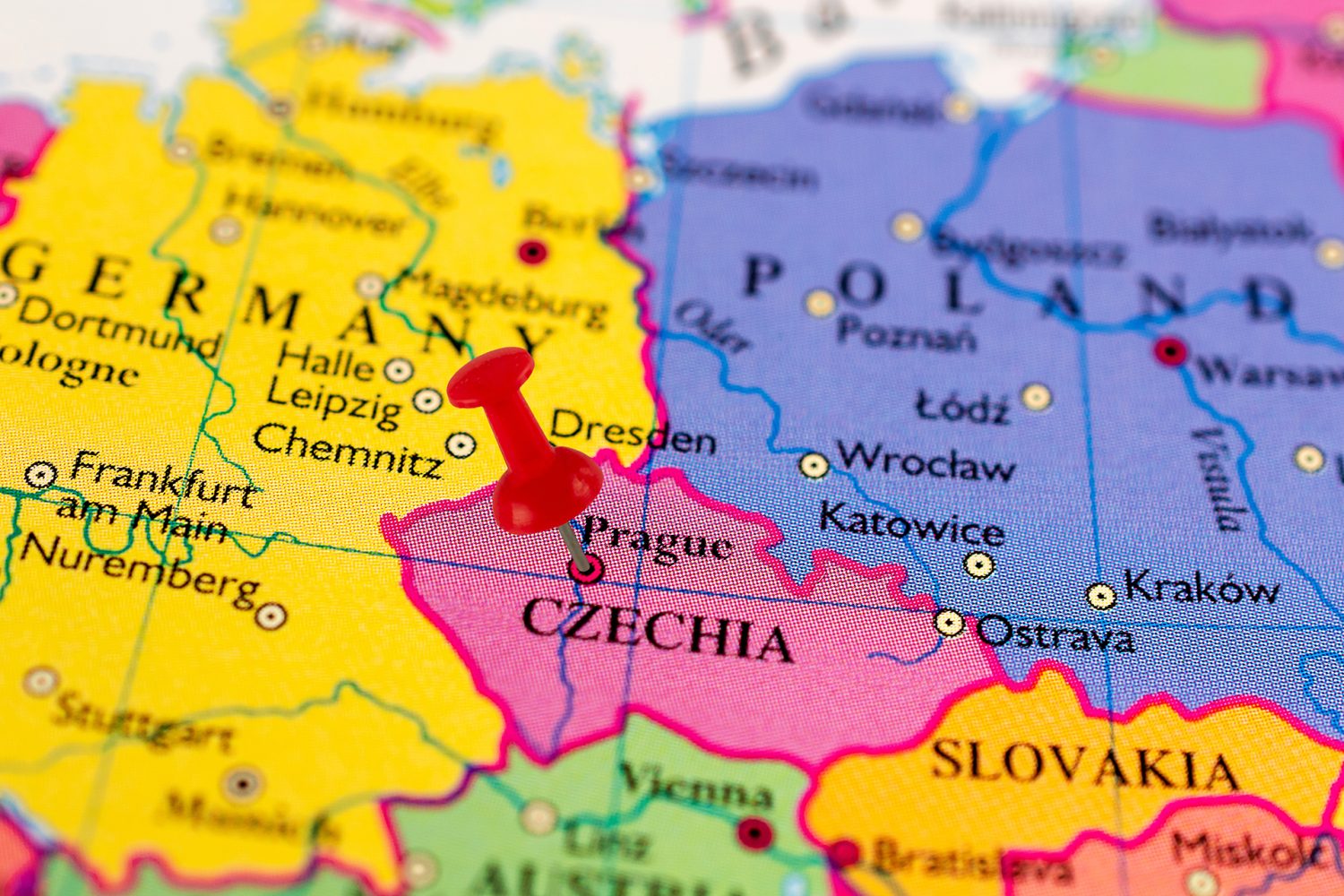

Zakia Sultana Nira
Hello, wish to live Trentino village in Italy with my family, wish to inform to you that I am from Bangladesh and got some news. (According to the report, if you move to Trentino province, you will get 88,000 euros as a grant to renovate abandoned houses. And 20 thousand euros will be given to buy a house. Italian citizens or foreigners can apply for this.) Is it true? Need to know the detail information.
Please send me further information how to get PR for 10 years.
Warm Regards
Diana Weber
Hello! Yes, the Trentino region in Italy is offering financial incentives to attract new residents to its villages. The program provides up to €20,000 for purchasing a home and up to €80,000 for renovating it, totaling €100,000. Both Italian citizens and foreigners are eligible to apply. However, recipients must commit to residing in the property for at least 10 years or renting it out at a fair rate for the same period to avoid repaying the grant. For more detailed information and application procedures, you may consult the official Italian immigration website or contact the Italian embassy in your country.
Khalid Bin Haseeb
Hello, wish to locate Tarantino village in Italy, wish to inform to you I am working abroad since 2000 in Middle East. Please send me further information how to get PR for 10 years.
Warm Regards
Khalid Bin Haseeb
Diana Weber
Hello Mr. Khalid Bin Haseeb,
Thank you for your message. To get Permanent Residence (PR) in Italy you need: enter Italy with a long-stay visa (for work, family, or elective residence), apply for a residence permit within 8 days of arrival, after 5 years of legal stay, you can apply for EU long-term residence (Italy’s version of PR). Requirements: 5 years legal stay, stable income, accommodation, A2 level Italian, clean record. The PR is indefinite, but renewed every 5 or 10 years.
If you wish, you can leave a request for consultation, and we’ll connect you with a migration expert who can guide you through the process based on your situation.
Warm regards,
Diana Weber.
Aria Vale
I received my visa and entered Italy — but I didn’t apply for my residence permit within 8 days. What now?
Diana Weber
This is a common mistake. Italian law requires non-EU citizens to apply for a permesso di soggiorno within 8 working days of arrival. Missing this deadline doesn’t mean automatic rejection, but it can lead to delays, fines, or even rejection in some cases. If it’s only been a short delay, submit your application immediately with a written explanation and supporting documents (e.g., illness, missed appointment). The immigration office (Questura) often considers genuine cases leniently — but don’t ignore the delay.
Walter Gillum
Greetings from New Zealand. My wife and I purchased a property in Italy in 2018. We are both retired and wish to stay in our home in Italy for more than 90 days each year. Are you able to assist us with our goal please? Kind regards
Diana Weber
Dear Walter,
To reside in Italy for more than 90 days annually as retirees, you and your wife should consider applying for Italy’s Elective Residency Visa (Visto per Residenza Elettiva). This visa is designed for non-EU citizens who can financially support themselves without engaging in employment in Italy. For personalized guidance, consult with immigration professionals familiar with Italian residency procedures.
Kind regards, Diana Weber.